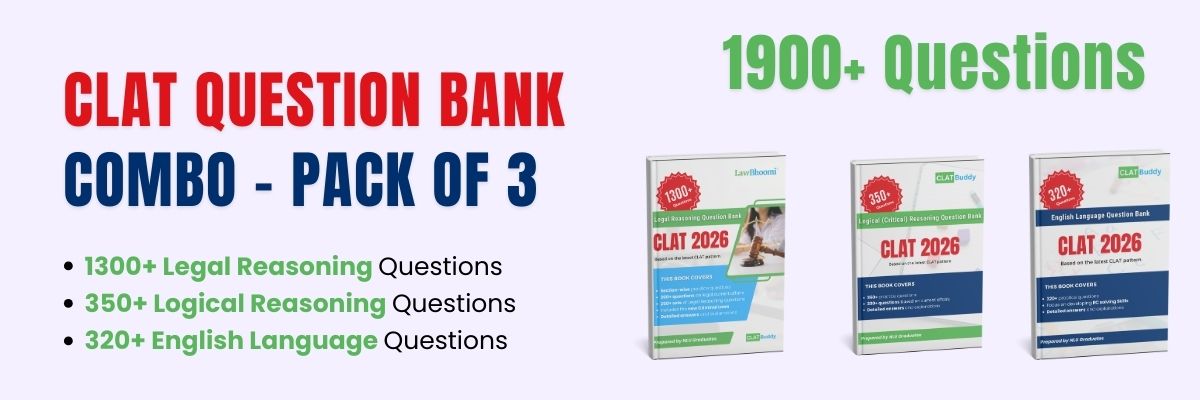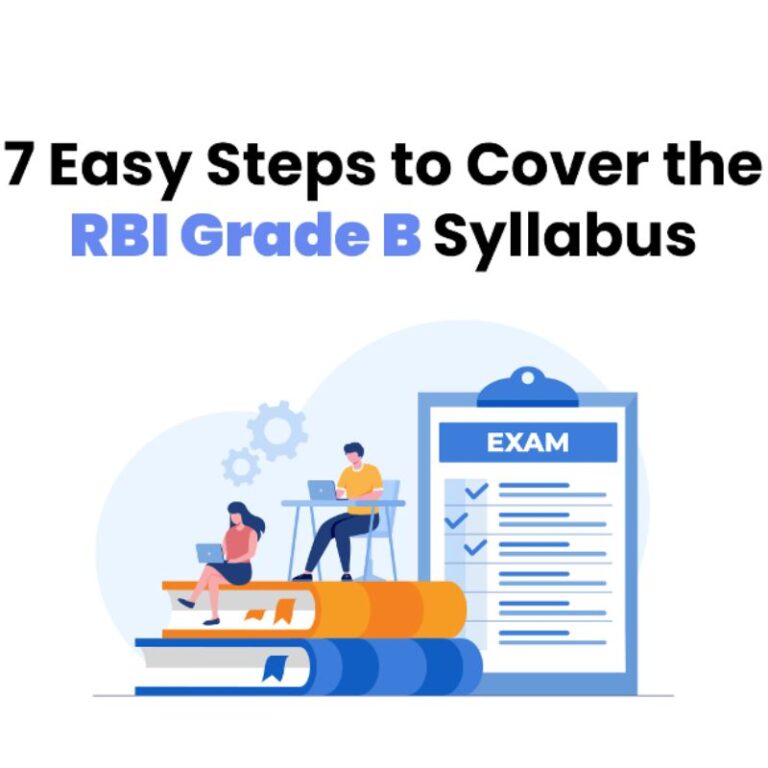AI Processing in Hiroshima

The last G7 Summit, which took place in Hiroshima on May 19-21, 2023, gained worldwide attention as a watershed point in the world’s approach to AI.
A revolutionary idea developed from a flurry of discussions: the Hiroshima AI Process. This forward-thinking initiative, spearheaded by the G7 member countries, intends to pave the way for the regulation of AI technology.
Comprehending the Possibilities and Challenges
The HAP recognises the importance of understanding both the potential and difficulties provided by generative AI, a rapidly rising force spanning nations and sectors.
These discussions include a wide range of topics, from governance and intellectual property rights (including copyrights) protection to dealing with foreign information manipulation and advocating ethical usage of AI.
Beyond Regulation: A Vision of Ethics and Accountability
More than just a regulatory framework, the HAP represents an innovative approach to steering AI in a direction that aligns with democratic principles, equity, accountability, and transparency.
Moreover, the HAP extends its influence beyond the G7, encouraging international organisations such as the OECD to evaluate the repercussions of policy advancements, and enlisting the Global Partnership on AI to execute tangible projects.
The G7’s Impact and Composition
The Group of Seven, founded in 1975, is a powerful international body. This group of states meets once a year to address issues ranging from global economic governance to international security and energy policy.
The G7 is made up of the following countries: the United Kingdom, Canada, France, Germany, Italy, Japan, and the United States.
The Role of the OECD in Global Economic Cooperation
With 38 member countries, the Organisation for Economic Cooperation and Development is a beacon of global economic collaboration.
The OECD, which was created in 1961, seeks to accelerate global trade and economic advancement.
HAP Navigating IPR Challenges: A Clear Path for GAI
The interaction of AI with Intellectual Property Rights has created a confusing conundrum characterised by varying interpretations and legal consequences across nations.
The Hiroshima AI Process emerges as a beacon of resolution by developing comprehensive AI and IPR norms and principles. The HAP is set to generate agreement on this complex issue within the framework of the G7.
Demystifying “Fair Use” in AI and Copyrighted Content
The HAP has a noteworthy focus area in demystifying the use of the “Fair Use” doctrine—a permit for some activities like teaching, research, and criticism that do not require permission from copyright holders.
The HAP can play a critical role in establishing a single guideline for G7 nations, exposing the boundaries of permissibility in deploying copyrighted information within machine learning datasets under the banner of fair use, but with certain constraints.
Global AI Governance Landscape: Key Jurisdictions
Around the world, various jurisdictions have laid the groundwork for AI governance:
- NITI Aayog (India) has paved the way with guiding documents, including the National Strategy for Artificial Intelligence and the Responsible AI for All report.
- The United States introduced the Blueprint for an AI Bill of Rights in 2022, delineating the economic and civil rights risks posed by AI.
- China emerged as a trailblazer with nationally binding regulations targeting specific AI types and algorithms.
- The European Union marked significant progress with the 2023 draft of the Artificial Intelligence Act. This legislation, drafted in 2021, champions transparency, trust, and accountability, especially for systems like OpenAI’s ChatGPT.
Summary
The Hiroshima AI Process (HAP) symbolises a significant stride towards governing the ever-evolving realm of artificial intelligence. By fostering international collaboration, ethics, and accountability, the HAP paves the way for a future where AI aligns with democratic values while encouraging innovation.
Calling all law aspirants!
Are you exhausted from constantly searching for study materials and question banks? Worry not!
With over 15,000 students already engaged, you definitely don't want to be left out.
Become a member of the most vibrant law aspirants community out there!
It’s FREE! Hurry!
Join our WhatsApp Groups (Click Here) and Telegram Channel (Click Here) today, and receive instant notifications.





